Before we go any further, I want to be absolutely clear about my experience. I reached out to university administrators at the start of May, before leaving campus, and since then, aside from the Title IX Officer requesting a meeting, I have received nothing—no apology, no acknowledgement, not even a simple, “We’re sorry this happened to you. We will do better.” That is all I have ever wanted: recognition and a genuine commitment to change. I have never sought financial compensation; my life’s work has always been about standing up for those who feel powerless and unheard.
Yet, in one of the most divisive eras in our country’s history—a time when people like me should feel seen, valued, and protected—I have been met with silence from those I once respected. Their refusal to act, most likely out of fear, speaks volumes. It confirms what I have always known: that UWL, and higher education at large, remains an institution where marginalized people are routinely pushed aside and ignored. After all, if our own government feels emboldened to enact policies that exclude, demean, and dehumanize us, why should universities behave any differently?
I joined the University of Wisconsin – La Crosse in July 2022 brimming with hope. As Assistant Professor of Educational Studies, and after growing disillusioned by the public K-12 school system, I envisioned a lifelong career spent teaching exceptional students and advancing research on supporting English language learners. My prior leadership roles in New Orleans—serving as Vice President of the public school system and directing adult education at a community college—had prepared me to contribute meaningfully at UW-La Crosse and to the greater community. But within months, that promise began to unravel.
A Pattern of Exclusion: Across campus, faculty of color come—and swiftly go. At first I chalked this up to coincidence. When told about this pattern upon arriving on campus, I expressed my desire to create my own experience– and narrative– at UWL. Over time, however, I found myself navigating microaggressions and inequitable policies so profound that they forced me from a place I loved. The incidents I have decided to share are just a fraction of what I experienced—and endured.
Promotion Credit Denied: Upon hiring, my white male colleague was granted two years’ credit toward promotion to associate professor. I requested the same recognition for my nearly 60 college-level teaching credits, extensive service to national education organizations, and robust research portfolio—but was denied. In my second year, I approached my chair to see if this could be remedied, only to be told that nothing could be done. I spent that year working twice as hard just to keep up—and, according to the Promotion, Retention, and Tenure Committee’s verbal feedback, I had surpassed what was expected of someone at the associate professor level at that time. I had published two book chapters and a peer-reviewed journal article, traveled through three states promoting my scholarship, received near-perfect teaching evaluations, and engaged in more service work than the majority of my department as a junior faculty member. Interesting.
The Slap in Morris 360: October 20, 2023, remains seared in my memory and in that of colleagues. Fresh off a scholarship presentation in Chicago, I missed a half-hour admissions meeting I had notified my committee chair about well in advance—only to be publicly slapped twice on the hand by my departmental leader in front of stunned colleagues. “That’s for missing the meeting!” she announced. I’d weathered racism, poverty, and homophobia in my life, but never such humiliating physical reprimand in a professional setting. I left that room ashamed and shaken—a gay, Brown man openly disciplined for circumstances beyond my control. The fact that people (especially white people in power) feel empowered to engage in such actions is beyond me, and this is something I will never forget. When I think about La Crosse, this is genuinely the first thing that comes to mind and it makes my chest tighten immediately.
Diversity & Inclusion Commitment Derailed: In May 2024, following an unfruitful search for Vice Chancellor of Diversity & Inclusion, I was encouraged by members of the Search and Screen Committee to apply for the position given my previous experiences having led far larger departments and initiatives in New Orleans. I sought guidance from the then Interim Vice Chancellor. During our lunch at Schuby’s one afternoon, she disclosed her own candidacy for the role and discouraged me from applying: “You know, my team trusts me and the university needs that stability,” she shared “Would you consider the Assistant Vice Chancellor role?” she asked. Knowing this individual, I don’t necessarily think she may have meant her remarks maliciously; however, it also revealed a deeper resistance– albeit potentially unconscious– to leadership by people of color at UWL—a pattern echoed across campus centers and senior ranks, where the faces of decision-making remain predominantly white. Just go to the UWL Diversity and Inclusion website and look at who the leaders are: all good people, 90% white. In the end, I was a finalist for Assistant Vice Chancellor, and while I did not get chosen for the position, I am thrilled that the person in the role is someone that is likely more qualified to lead robust D&I initiatives than anyone else at the university. He’s perfect.
Questioned on Marginalization: October 14, 2024, I ran into my department leader after an admissions meeting. Proposing a conditional admission for a marginalized student seemed logical—until she replied to my feedback, “You might have to rework your definition of marginalization.” Imagine being a trained scholar on oppression and diversity (with a doctorate on this work, mind you), only to be publicly corrected and undermined by a white colleague who has never faced the barriers you overcome daily. Just one more thing to add to the list of bullshit at this institution.
Denied Medical Accommodation: In December 2024, I required emergency spinal surgery. I informed HR and my chair immediately and proposed a simple plan: an online, asynchronous transition so students finishing projects wouldn’t suffer since there were only four days left in the academic semester. Instead, I was ordered to create elaborate substitute materials—working until midnight before surgery—while white peers never faced such burdens when traveling or tending to family (i.e. weddings, military-focused engagements, etc.). The message was clear: even in a crisis, my needs were secondary. I verified with other department chairs at the university who I was lucky enough to befriend over the years: this certainly was not a common practice. I was dumbfounded and heartbroken to, yet again, feel like a second class citizen at a place that I loved.
The Toll on Mind and Spirit: Each incident chipped away at my confidence. After years of professional success—including launching the historic campaign for the newly elected La Crosse Mayor and serving as an elected official that made history in my home state myself—I found myself second-guessing every decision. Anxiety and depression set in. In February 2024, I began counseling for race-based discrimination, ultimately requiring medication. What was once my dream job had become a source of daily distress. Sadly, after leaving UWL in early May, I checked in with other faculty of color who had left the university for similar reasons. Like me, their anxieties, depression, and other symptoms caused by the stress of working in such a toxic environment dissipated almost immediately. It’s wild what working in places that simply value you as a professional– and approach you using a humanistic perspective– can do to improve one’s well being. Over a month later and with 8,385 miles between us, I have never been more at peace to have left a place– no matter how much I loved it… and weirdly still do love it.
Why I’m Speaking Out Now: I planned to leave UW-La Crosse quietly, but learning that my departmental leader will be honored with a university Excellence in Teaching Award while no person of color has received similar recognition in my three years at the university compelled me to act. Change will not come through whispered conversations alone. My departure represents one data point in a troubling trend: faculty of color are marginalized, overworked, publicly demeaned, and pushed out. UWL administration have the data that shows this– they’ve discussed this at length– so when will the time come for them to actually include those of us impacted by their actions in the greater dialogue and decision-making processes?
A Call to Action: I share my story not for sympathy, but as a rallying cry. Institutions that claim to value diversity must back up their words with accountability, especially today more than ever.
Here’s how you can help:
- Share this post widely. Let the university know its reputation depends on real change.
- Support and mentor faculty of color—inside and outside your institution.
- Demand transparent promotion and hiring practices that eliminate bias.
- Advocate for mandatory anti-bias training at all levels of leadership.
- Hold public officials and trustees to account for the climate they oversee.
No one should endure what I experienced at UW-La Crosse. If you believe in equity, in respecting every voice, in rewarding excellence regardless of race, ethnicity, or sexuality, then stand with me. Let’s turn this moment of pain into a catalyst for transformation—on campuses everywhere– during a time when our voices are being silenced by leaders who don’t believe we should have a place at their institutions or their tables.

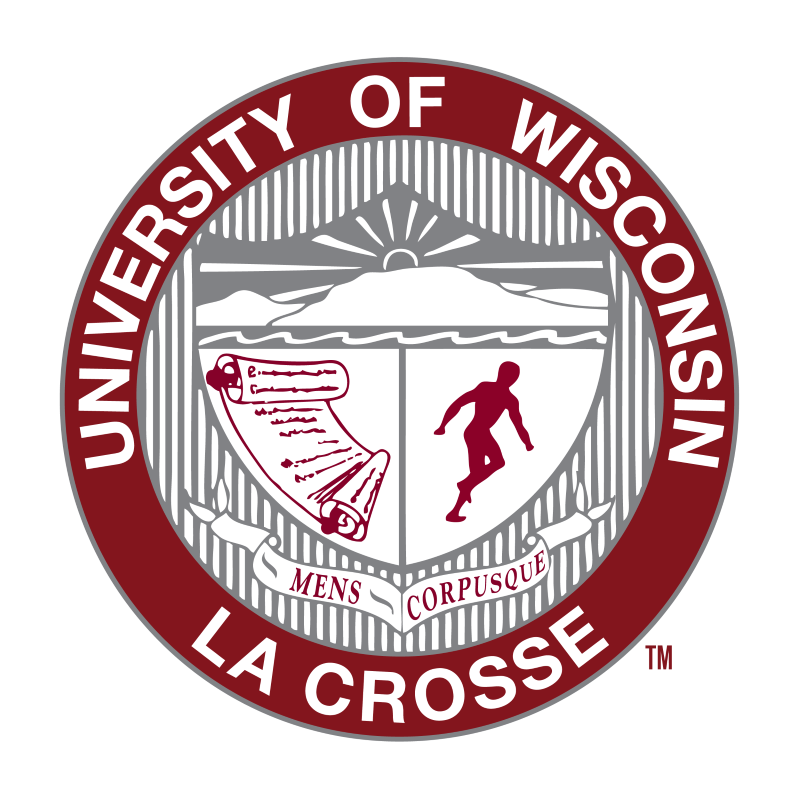

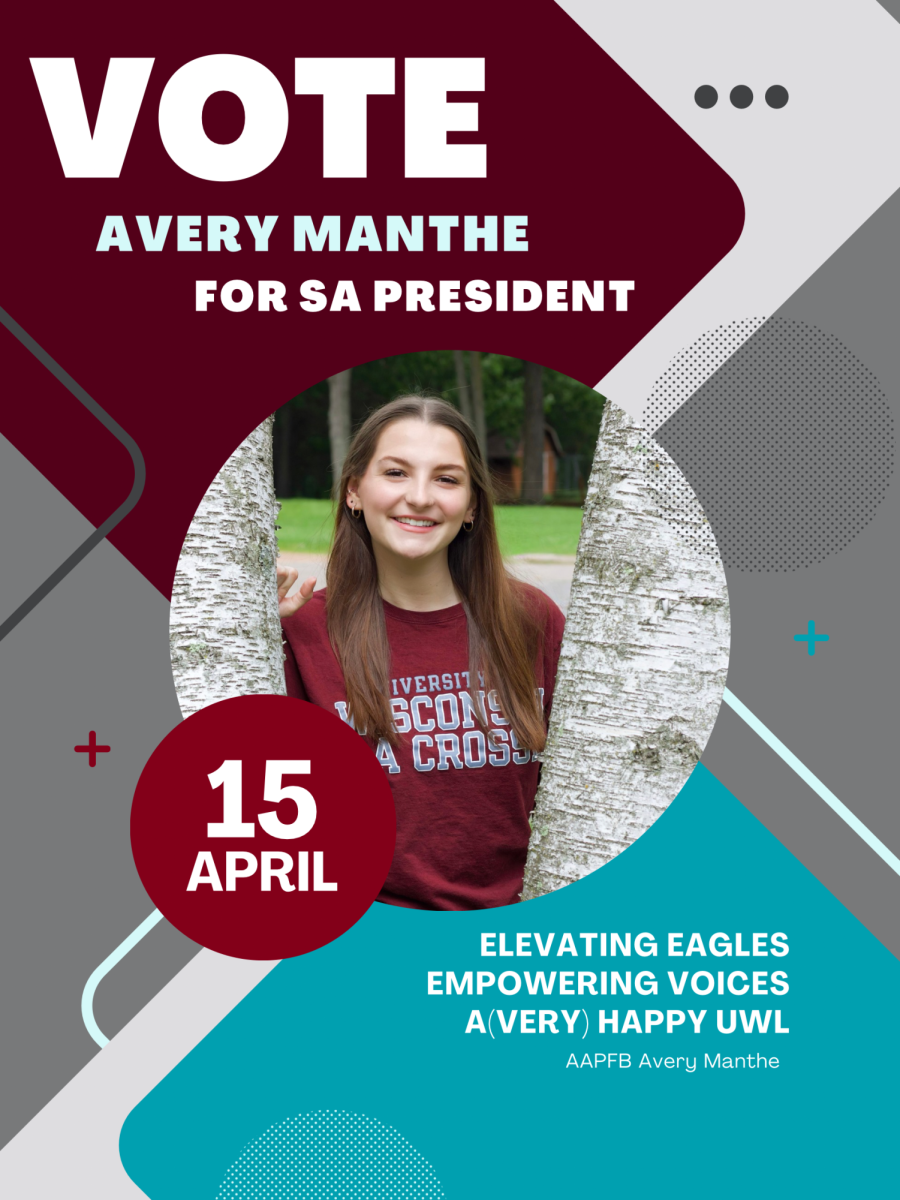

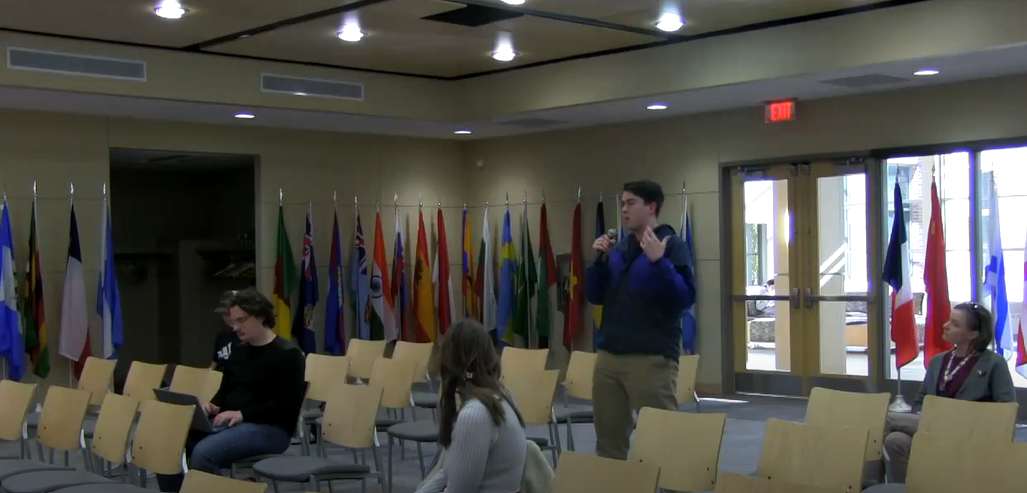
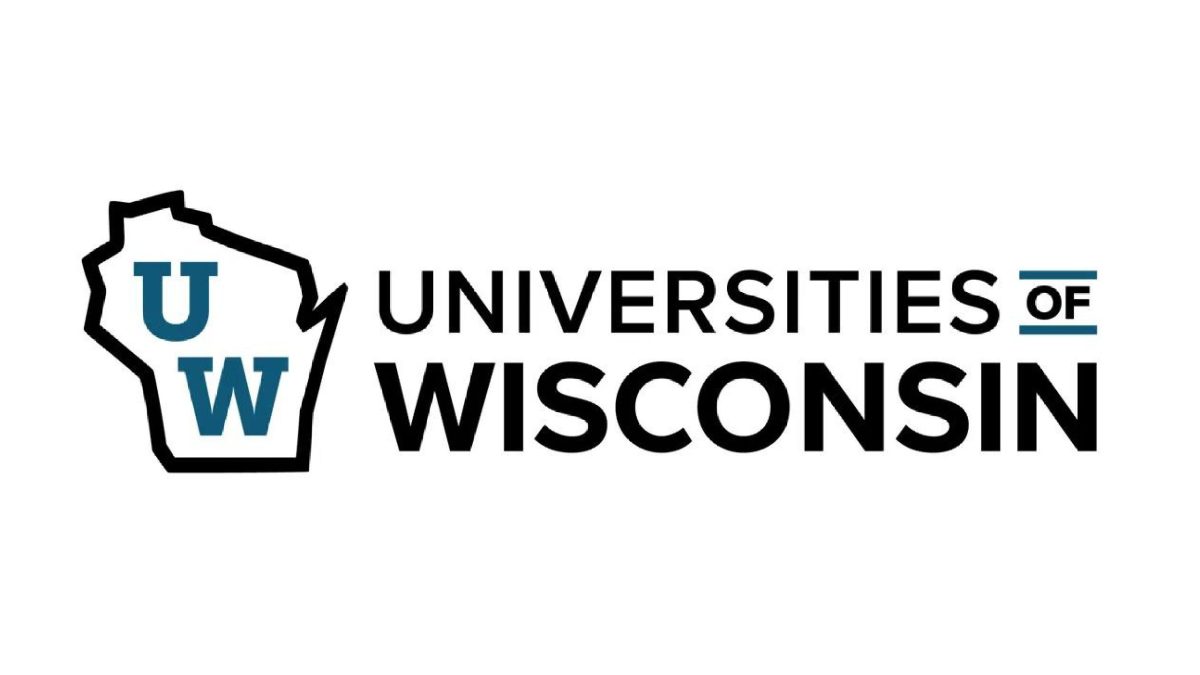

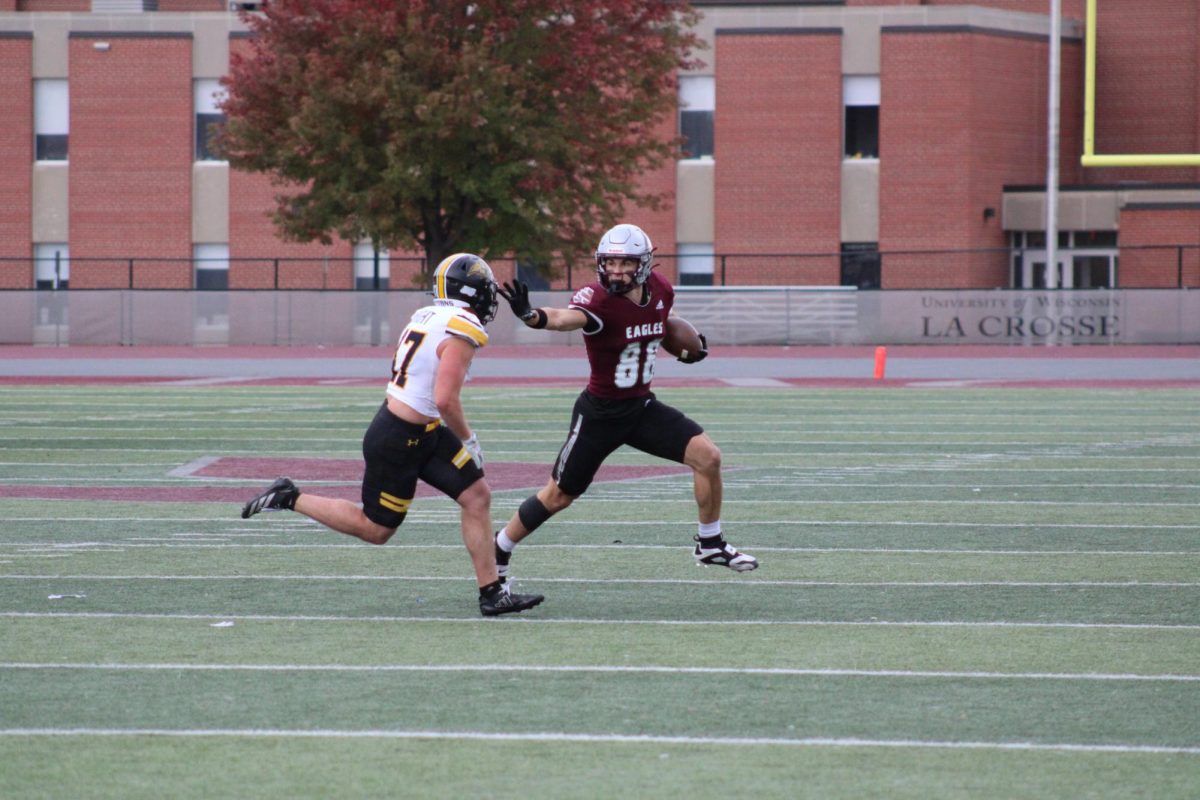
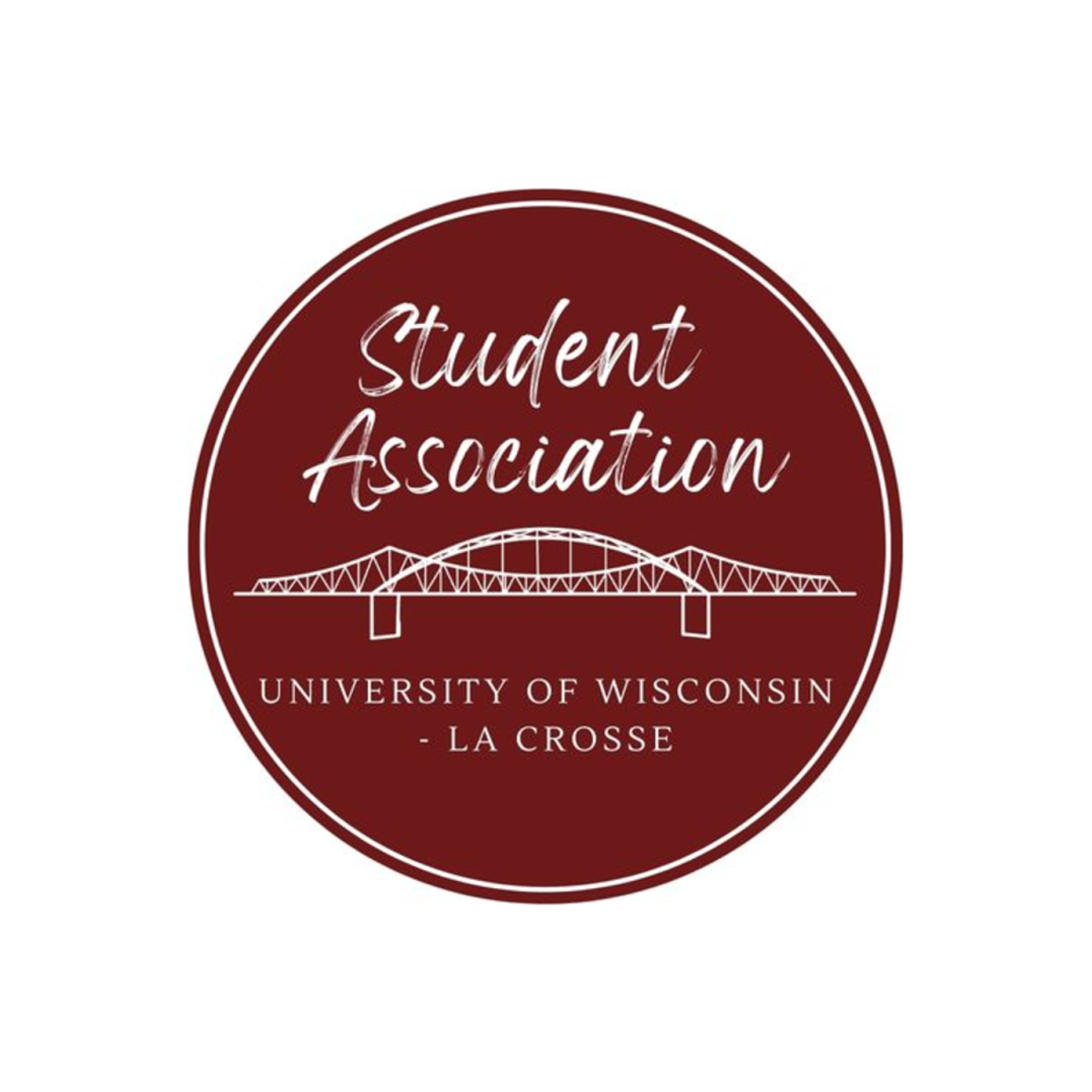
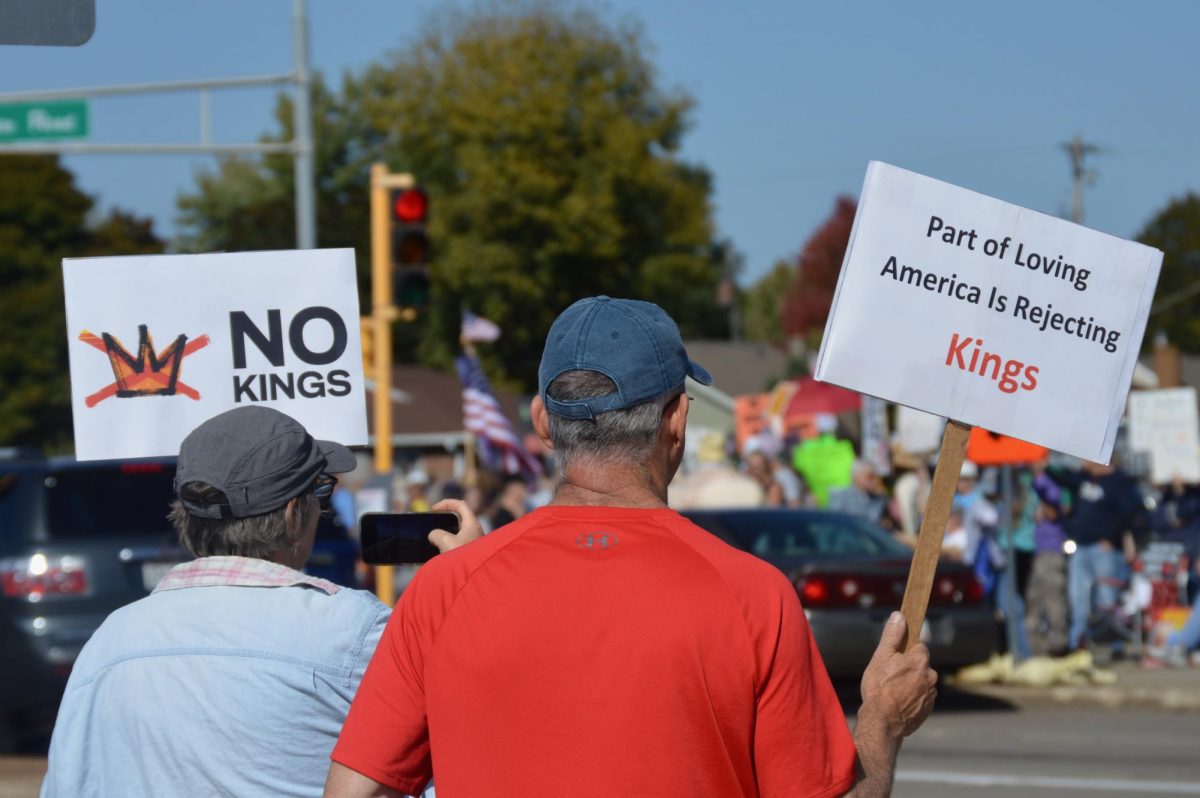

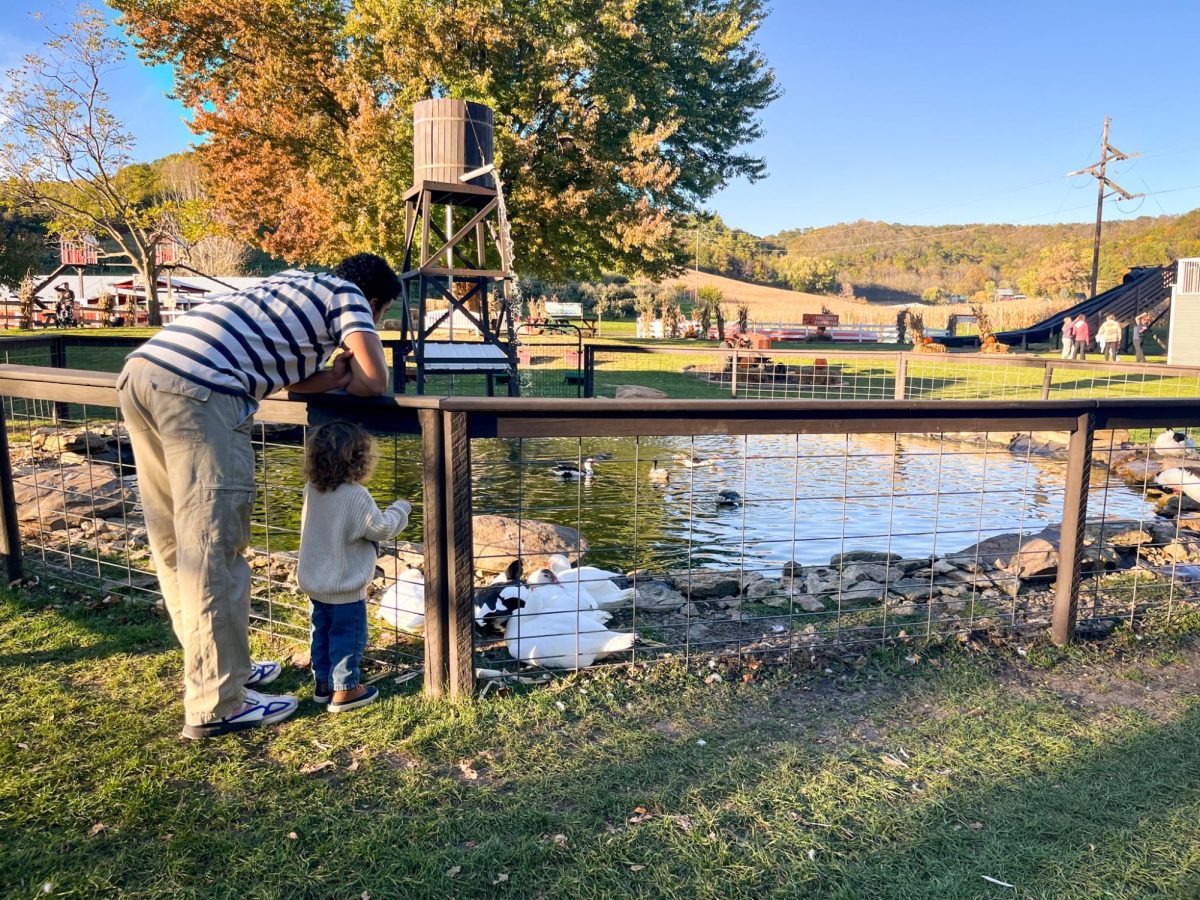
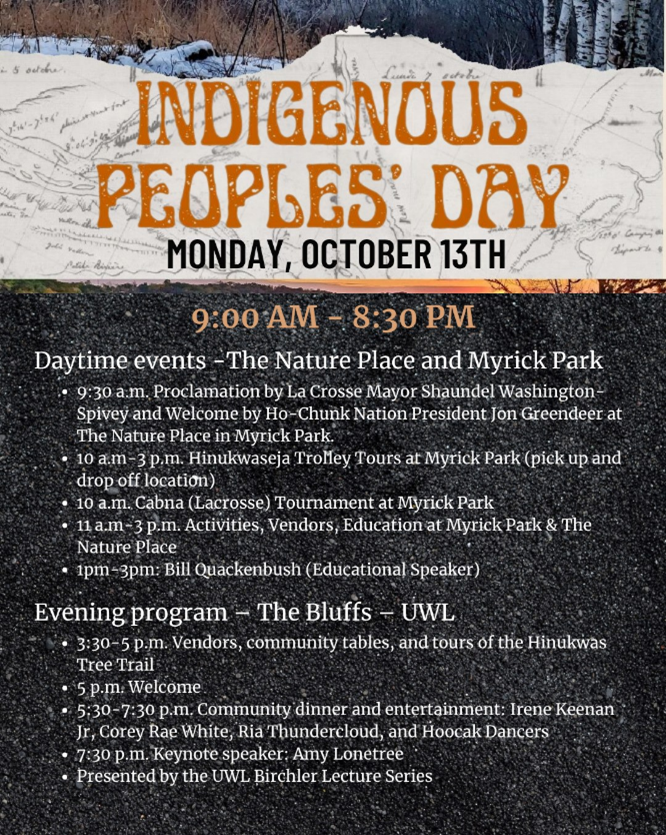
JO • Oct 3, 2025 at 6:34 am
I just left UWL after a year working there, same experience, I am a minority, and had been promised growth and equity just to be left out every single time. I had so much hope and love when I started, yet I left barely recognizing myself.
Owen • Oct 2, 2025 at 5:59 pm
I never had the opportunity of having Dr. Wagner-Romero as a professor in my time at UWL, but I do know that he was great from my peers. It’s sad to know that UWL doesn’t seem to care about the wellbeing of their non-white staff, nor do they value those staff members as much as their white counterparts. I already had my personal gripes with the UWL education department as I was an education major when I was at UWL. Hearing this makes me dislike the education department even more. We are in 2025 yet it seems UWL would rather only the majority succeed versus the equally as qualified and sometimes more qualified minority. UWL as a whole needs to do so much better.
Teresa • Oct 2, 2025 at 4:58 pm
This hit like a punch in the sternum. It’s outrageous that this happened and I’m so disappointed. Not surprised, mind you, but angry. Especially from your department.
katie • Oct 2, 2025 at 8:47 am
This is so sad- but unfortunately not a surprise. As a student of color this hits too close to home. Thank you for sharing your experience, I know others can relate.